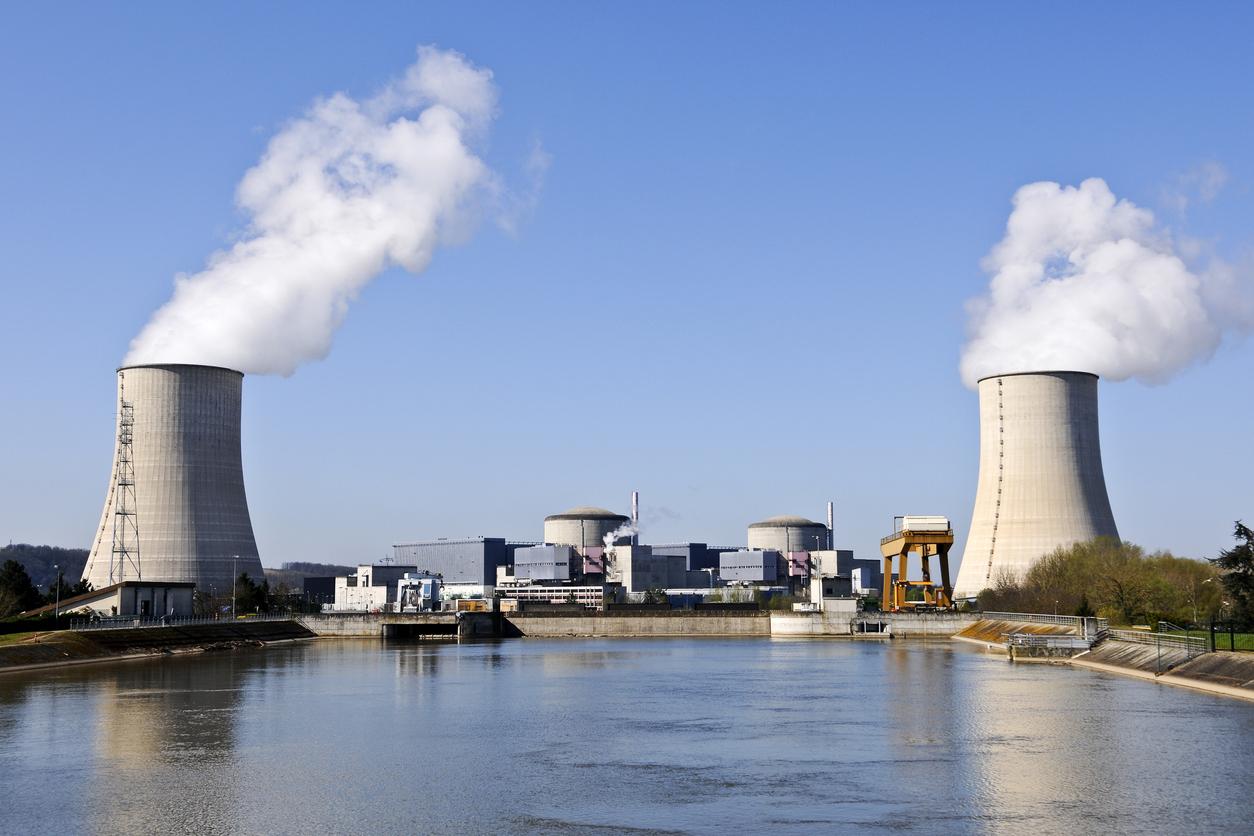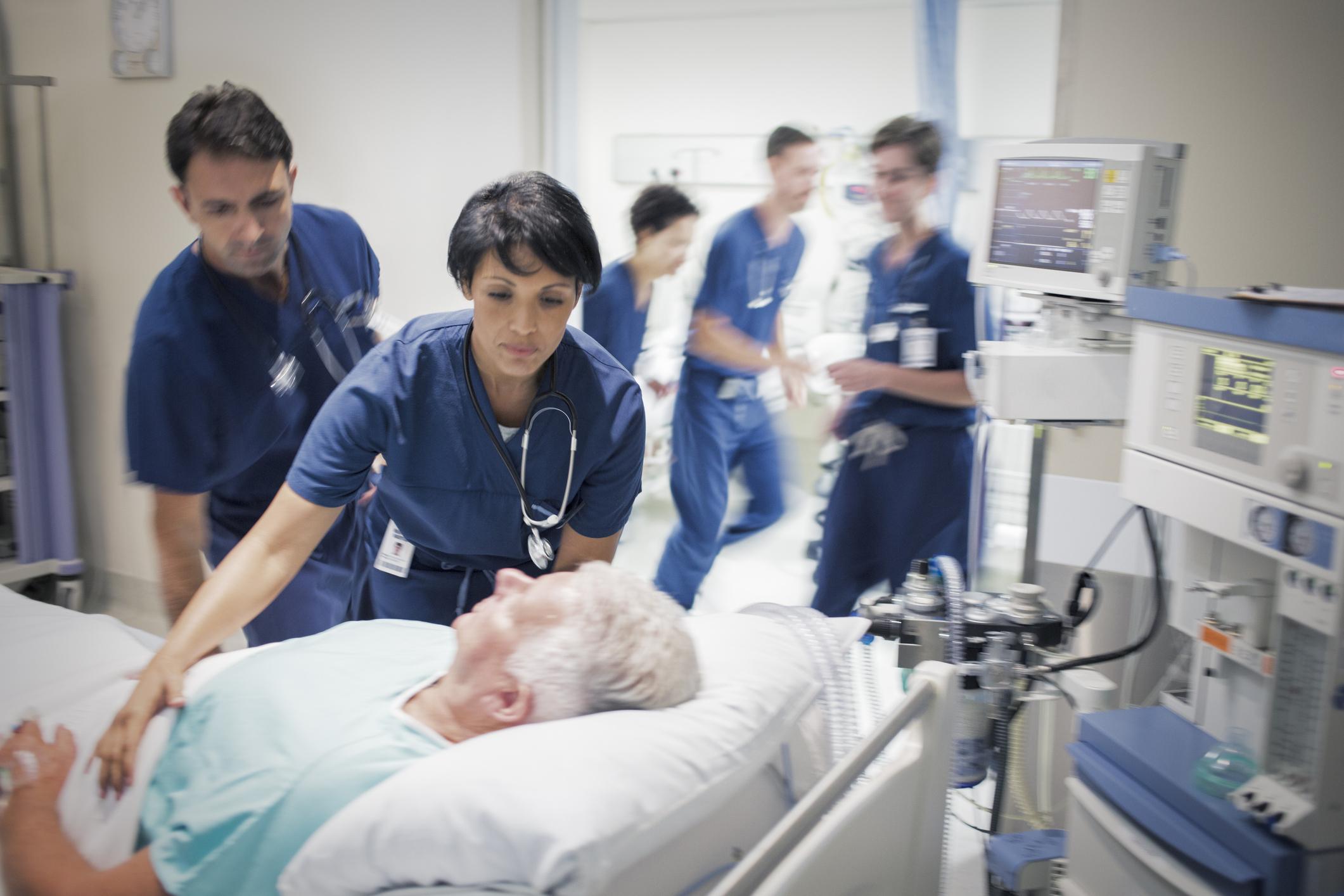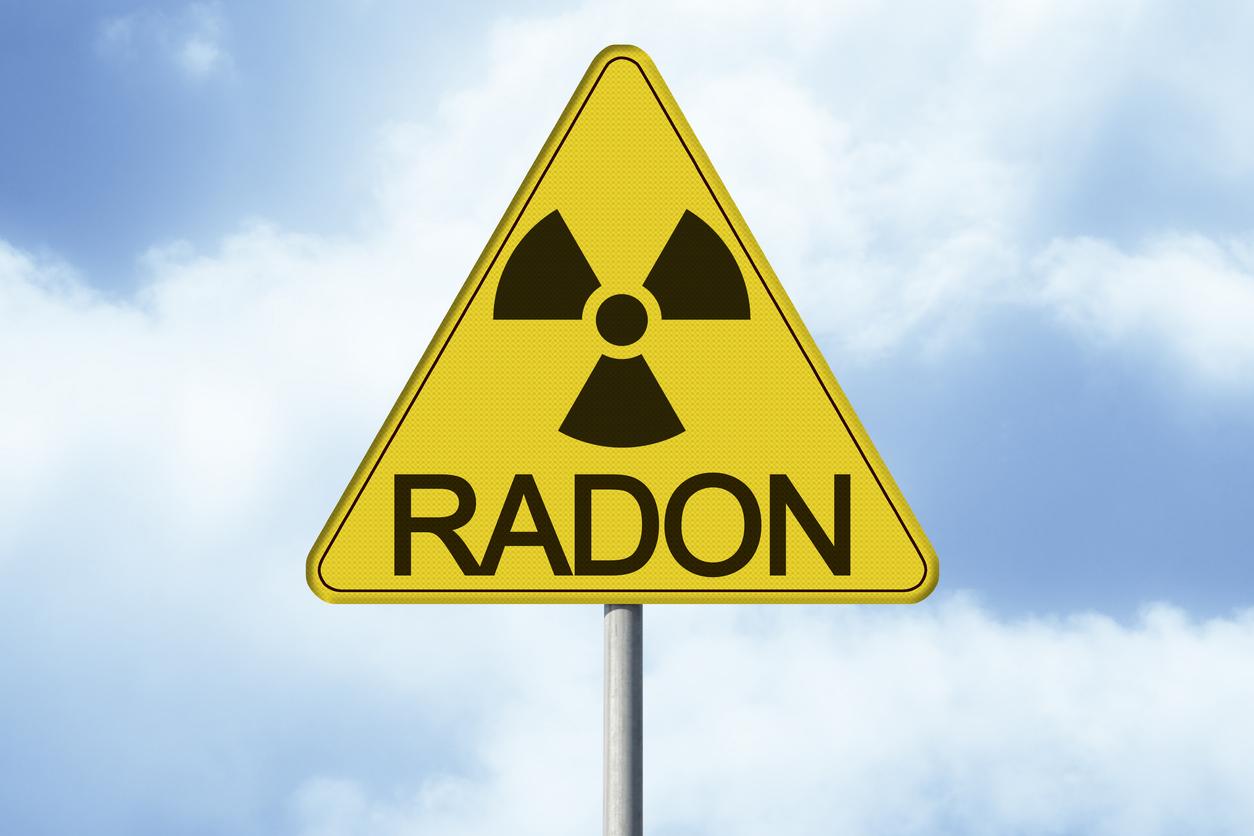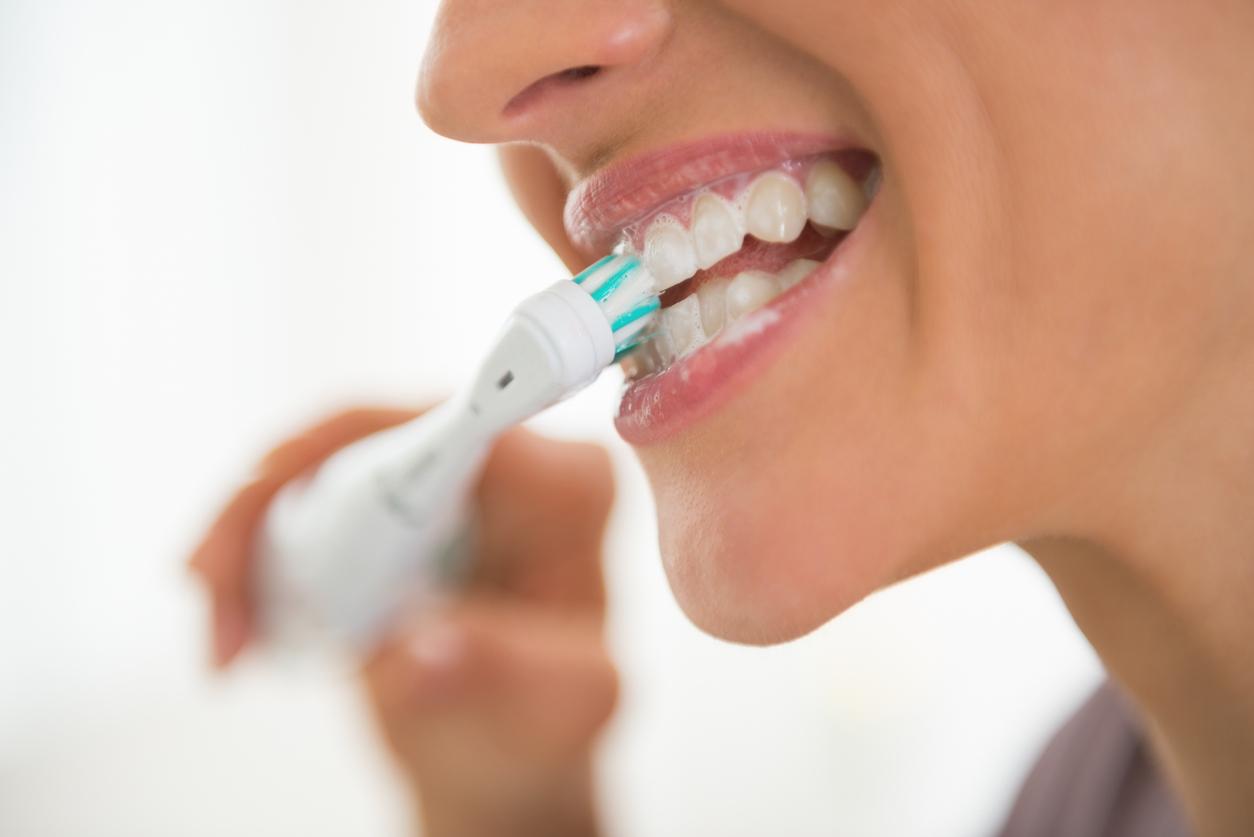Each year, 2,500 cancer cases are diagnosed in those under 19. Considered rare diseases, they are often very different from those that affect adults. Researchers are carrying out specific work and the care is adapted.
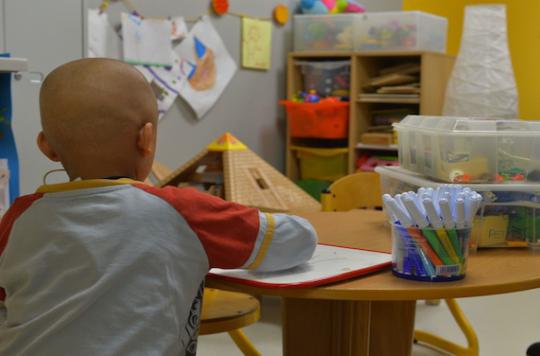
In the first European center for the fight against cancer, Gustave-Roussy, in Villejuif, a department is entirely dedicated to the care of children and adolescents with cancer. The leitmotif: provide appropriate care, including medical care and psychological follow-up, and allow patients to keep in touch with their life before illness by giving them access to activities and education.
In France, cancer patients are treated in 30 reference centers which offer care adapted to children in connection with 17 specific sites. Among them, the Gustave-Roussy pediatric oncology department is a model of its kind. It has just been completely renovated in order to offer support more suited to the care of children and adolescents.
Parents are never far away and can be accommodated in the ward or in the “Maison des parents”, a stone’s throw from the hospital. “The family bond is at the heart of this project. It is essential that the little patients have their parents but also their siblings with them ”, specifies Dominique Valteau-Couanet, head of the department of child and adolescent oncology at Gustave-Roussy.
For the mother of Fadoua, a 15-year-old girl treated in the service, this welcome is a relief. “We come from Morocco and my daughter has to undergo several courses of chemotherapy. I am reassured to be able to stay with her. My presence makes her feel good, ”she explains. The unit that hosts it, dedicated to bone marrow transplants, is called “La Mer”. Next to it, “La Montagne” is dedicated to adolescents, “La Plaine” to the reception of the little ones, from 0 to 12 years old, “Le Village” refers to the day hospital.
A la carte school
Several days a week plastic arts workshops are organized for children from 6 years old. Art is also exported to the bedrooms of children who cannot leave their bed, like the young Fadoua. “My daughter has been drawing since she was three years old. This activity also allows her to pass the time, because the days to wait are long, ”explains her mother.
“It is unthinkable that illness would mean an interruption in schooling. So the school comes to the hospital. The teachers are most of the time in contact with the schools that the students attended, in order to follow the program and avoid school breaks, ”explains Dominique Valteau-Couanet.
In both classrooms, children come when they want and when their health permits. “Sometimes they stay 10 minutes, sometimes more than an hour. It is an à la carte school, we do not oblige to anything and we always adapt to the desires of the children, ”explain Isabelle Pautre and Sophie Leborgne, two of the teachers in primary school.
For middle and high school students, volunteers from the association “The school at the hospital” take care of it. Here, you can even take your baccalaureate. Proof that this “relay school” is essential, and repetitions are few. These classes are also an opportunity for teachers to give feedback to doctors on the changes observed in children, on cognitive functions, fatigue, etc.
Follow-up that continues into adulthood
Once healed, the former sick are not forgotten in the service. “The follow-up of the sequelae has become essential. Since 2012, we have offered all our patients, once they are cured, the opportunity to take stock of the cancer they have had, ”emphasizes Dominique Valteau-Couanet. Today in France there are 25,000 adult survivors of childhood cancer. For them, appropriate care at the time of care and prolonged follow-up in the years that follow is a key to improving the quality of life and a return to an existence where the disease can be forgotten.
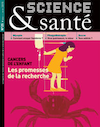
File produced in partnership
with Science & Health,
the Inserm magazine
.














